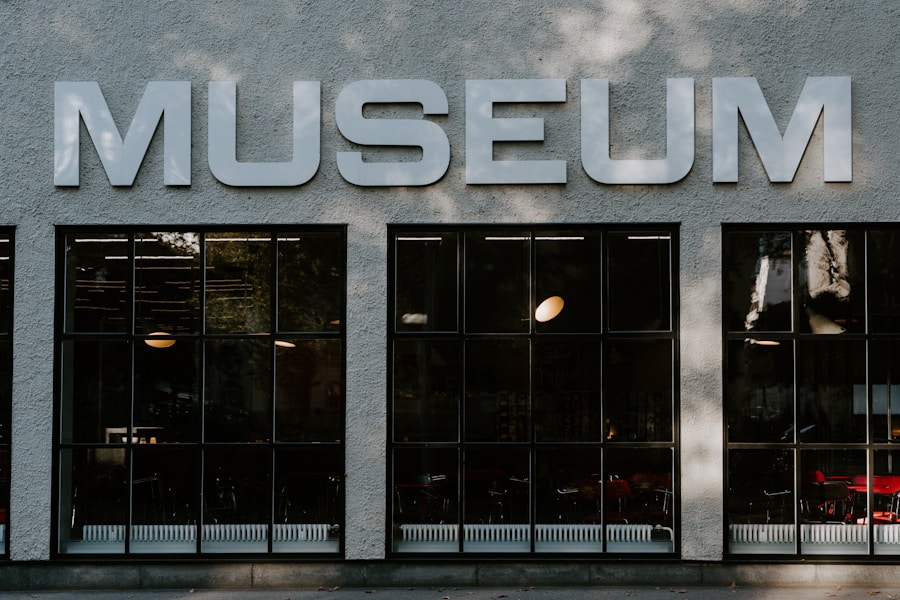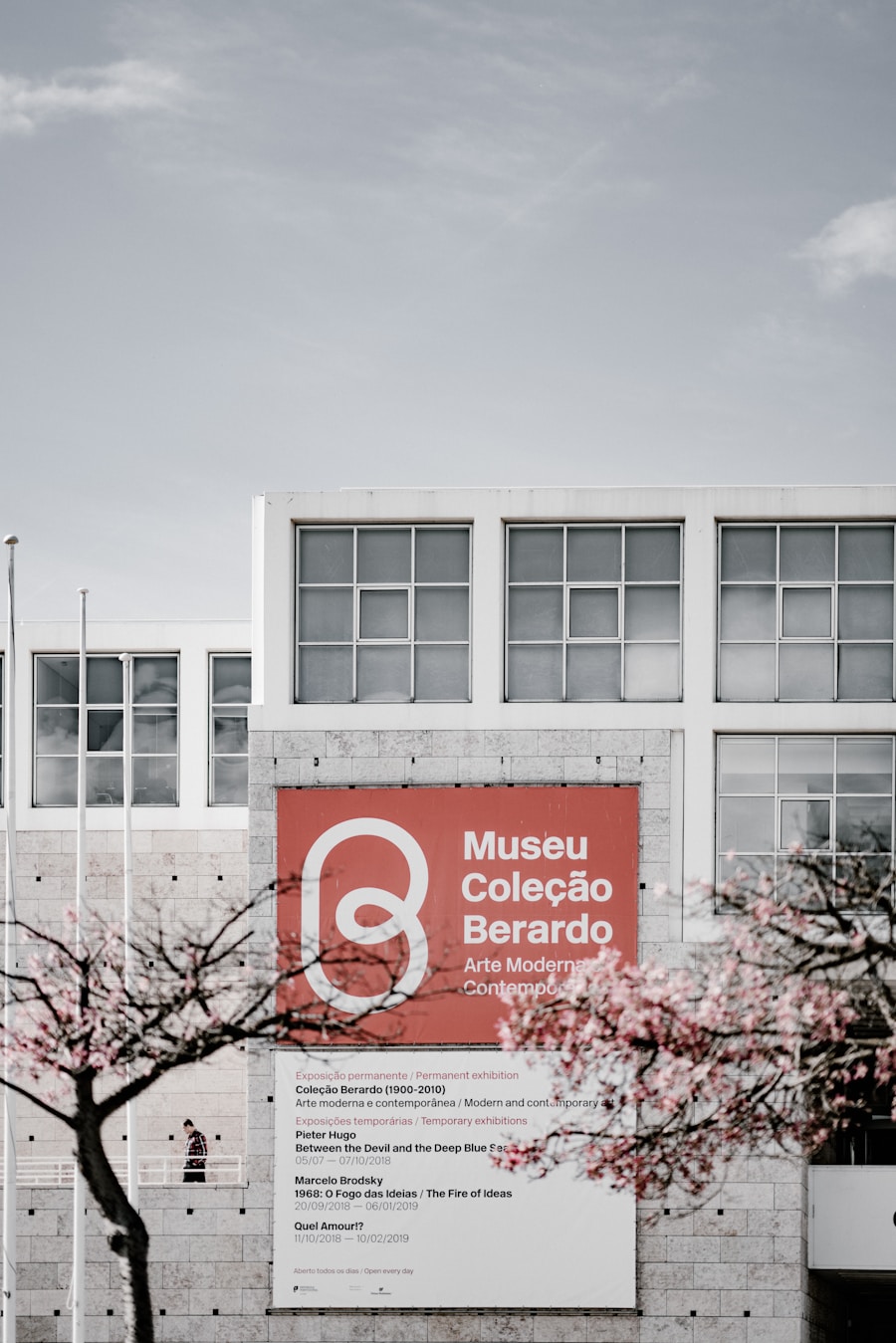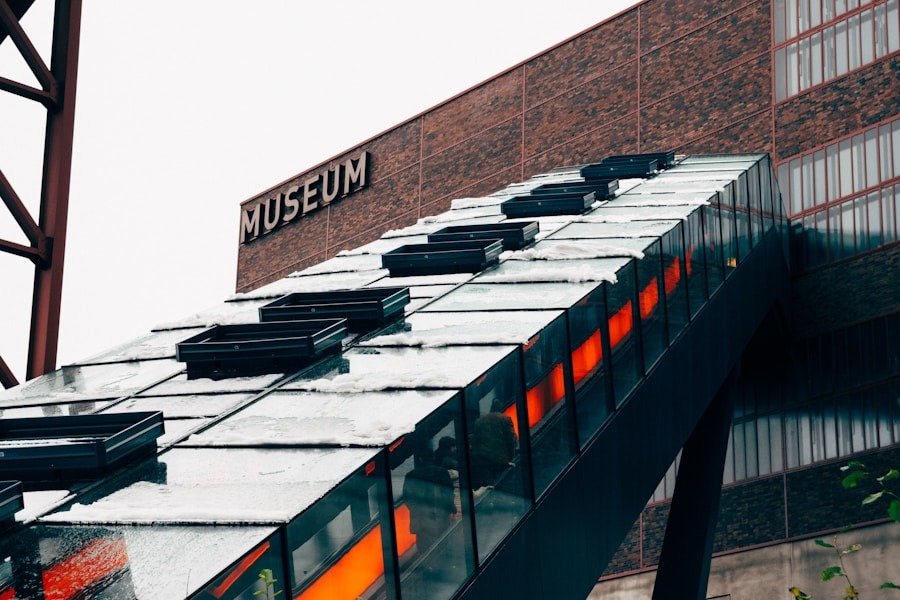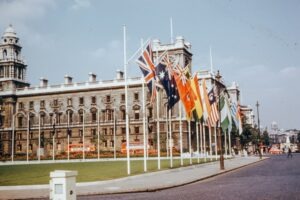Museology is the academic and professional discipline that studies museums, their history, functions, and the various practices associated with their operation. It encompasses a wide range of topics, including the collection, preservation, interpretation, and exhibition of artifacts and artworks. Museology is not merely about the physical spaces that house collections; it also involves understanding the social, cultural, and political contexts in which museums operate.
This field examines how museums serve as institutions of knowledge, education, and cultural exchange, shaping public perceptions and narratives about history and identity. At its core, museology seeks to explore the relationship between objects and their meanings within society. It investigates how artifacts are curated and displayed, how audiences engage with them, and how these interactions can influence cultural understanding.
The discipline draws from various fields such as anthropology, history, art history, and education, making it an interdisciplinary study that reflects the complexity of human experience. As museums evolve in response to societal changes, museology adapts to address new challenges and opportunities in the way we understand and interact with our cultural heritage.
Key Takeaways
- Museology is the study of museums and their role in society, including their history, management, and preservation of cultural heritage.
- The history of museology dates back to ancient civilizations, but the modern concept emerged during the 18th and 19th centuries with the rise of public museums.
- Core concepts in museology include curation, exhibition design, audience engagement, and the ethical and legal aspects of museum management.
- Museology plays a crucial role in preserving cultural heritage by collecting, documenting, and conserving artifacts and artworks for future generations.
- Challenges and controversies in museology include issues of cultural appropriation, repatriation of artifacts, and the need for museums to be more inclusive and diverse in their representation of history and culture.
- The future of museology will likely involve greater use of technology, increased emphasis on community engagement, and a continued focus on ethical and sustainable practices in museum management.
The History of Museology
The roots of museology can be traced back to ancient civilizations, where collections of objects were often housed in temples or palaces. The concept of a museum as a public institution began to take shape during the Renaissance when wealthy patrons and scholars began to collect art and antiquities. The establishment of the first public museum, the Ashmolean Museum in Oxford in 1683, marked a significant milestone in the evolution of museology.
This institution was designed not only to display collections but also to promote education and research, setting a precedent for future museums. The 19th century saw a proliferation of museums across Europe and North America, driven by the Enlightenment ideals of knowledge dissemination and public education. Institutions like the British Museum and the Louvre became symbols of national pride and cultural identity.
During this period, museology began to formalize as a discipline, with scholars and practitioners developing theories about collection management, exhibition design, and audience engagement. The establishment of professional organizations such as the International Council of Museums (ICOM) in 1946 further solidified museology as a recognized field of study and practice.
Core Concepts in Museology

Central to museology are several core concepts that guide the work of museum professionals. One such concept is the idea of stewardship, which emphasizes the responsibility of museums to care for their collections on behalf of society. This involves not only preserving artifacts but also ensuring their accessibility for future generations.
Stewardship extends beyond physical preservation; it also encompasses ethical considerations regarding provenance, ownership, and representation of cultural heritage. Another fundamental concept is interpretation, which refers to the ways in which museums communicate the significance of their collections to diverse audiences. Effective interpretation requires an understanding of audience needs and preferences, as well as an awareness of the broader social context in which museums operate.
This has led to innovative approaches in exhibition design, such as interactive displays and community-driven programming that invite visitors to engage with artifacts in meaningful ways. Additionally, the concept of inclusivity has gained prominence in recent years, prompting museums to reflect on whose stories are told and how they are represented within their spaces.
The Role of Museology in Preserving Cultural Heritage
Museology plays a crucial role in preserving cultural heritage by safeguarding artifacts that embody the history and identity of communities. Museums serve as custodians of cultural memory, collecting objects that reflect diverse narratives and experiences. Through careful documentation, conservation practices, and research initiatives, museologists work to ensure that these artifacts remain intact for future generations.
This preservation is not limited to physical objects; it also includes intangible heritage such as oral traditions, rituals, and languages that are vital to cultural identity. Moreover, museology fosters public engagement with cultural heritage by creating opportunities for education and dialogue. Exhibitions often serve as platforms for exploring complex social issues, encouraging visitors to reflect on their own identities and histories.
For instance, many museums have developed programs that highlight marginalized voices or address historical injustices, promoting a more inclusive understanding of cultural heritage. By facilitating these conversations, museology contributes to a broader societal understanding of diversity and shared humanity.
Challenges and Controversies in Museology
Despite its vital role in society, museology faces numerous challenges and controversies that complicate its mission. One significant issue is the question of ownership and repatriation of cultural artifacts. Many museums house collections acquired during colonial periods or through questionable means, leading to calls for the return of these objects to their countries of origin.
Additionally, museums must navigate the tension between preserving artifacts and making them accessible to the public. Conservation efforts often require controlled environments that limit visitor interaction with objects.
This raises questions about how best to balance preservation with engagement; while some argue for increased accessibility through digital initiatives or traveling exhibitions, others caution against compromising the integrity of fragile items. Furthermore, as museums strive to become more inclusive spaces, they must confront internal biases and systemic inequalities that have historically shaped their practices.
The Future of Museology

Digital Revolution in Museums
Digital technology has already begun to revolutionize how museums operate, from virtual exhibitions that reach global audiences to interactive installations that enhance visitor experiences. As museums increasingly embrace digital tools, they have the potential to democratize access to collections and foster greater engagement with diverse communities.
Collaboration and Community Engagement
Moreover, there is a growing emphasis on collaboration within museology. Partnerships between museums and local communities can lead to more authentic representations of cultural heritage while empowering marginalized voices. This collaborative approach encourages museums to rethink their roles as gatekeepers of knowledge and instead position themselves as facilitators of dialogue and understanding.
Redefining the Purpose of Museology
As societal expectations evolve, museologists will need to remain adaptable, continuously reassessing their practices to ensure they align with contemporary values around inclusivity, representation, and social responsibility. By embracing new technologies and fostering collaborative relationships with communities, museologists can ensure that museums remain relevant spaces for learning, reflection, and cultural exchange in the years to come.
In a related article on the power of chaos and embracing disorder for growth and innovation, the concept of chaos and disruption in museology can be explored. Just as chaos can lead to innovation and growth in various fields, embracing disorder in museum practices can lead to new perspectives and approaches in preserving and presenting cultural heritage. This article delves into how chaos can be a catalyst for creativity and progress, much like how museology can evolve and adapt to changing societal needs and values.
FAQs
What is museology?
Museology is the study of museums and how they operate, including their history, purpose, and impact on society. It encompasses the theory and practice of museum management, curation, and exhibition design.
What are the core concepts of museology?
The core concepts of museology include museum ethics, conservation and preservation of cultural artifacts, audience engagement, interpretation of cultural heritage, and the role of museums in society.
What is the importance of museology?
Museology is important because it helps to preserve and interpret cultural heritage, educate the public, and contribute to the understanding and appreciation of diverse cultures and histories. It also plays a role in shaping public memory and identity.
What are some career opportunities in museology?
Career opportunities in museology include museum curator, exhibition designer, museum educator, conservation specialist, museum director, and collections manager. Museologists may also work in cultural heritage organizations, government agencies, and academic institutions.
How does museology contribute to society?
Museology contributes to society by preserving and interpreting cultural heritage, providing educational resources, fostering dialogue and understanding among diverse communities, and contributing to the development of cultural tourism and the creative economy.






















+ There are no comments
Add yours